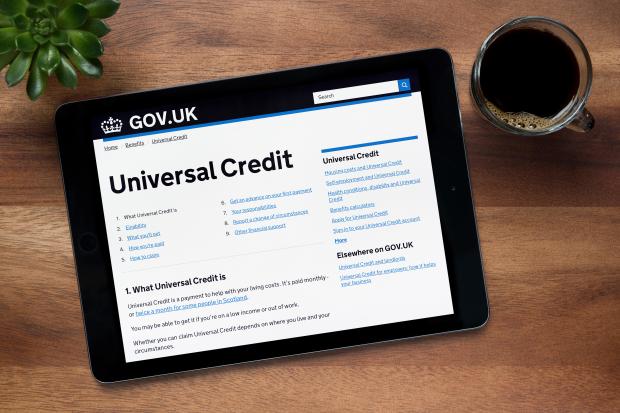THOUSANDS of Brits on Universal Credit and other benefits will get a surprise cash boost TODAY – as the DWP pays out early ahead of the Early May Bank Holiday.
With Monday, May 5 a bank holiday, benefit payments due that day are landing three days early – Friday, May 2 – giving many households a handy pre-weekend boost.
But while the early payment might feel like a win, it’s crucial to budget carefully – as your next one will still land on the usual date, meaning a longer wait between payments.
Who’s getting paid early?
The early payment affects 12 major DWP benefits, including:
- Universal Credit
- State Pension
- Child Benefit
- Tax Credits
- Attendance Allowance
- Carer’s Allowance
- PIP (Personal Independence Payment)
- Disability Living Allowance
- Employment and Support Allowance
- Income Support
- Jobseeker’s Allowance
- Pension Credit
So if you’re due a payment on Monday, May 5, check your bank account – your money should be there today, Friday, May 2.
If you don’t see it, contact the DWP helpline on 0800 328 5644.
Getting paid early means a longer gap to your next payment – so it’s vital to plan ahead.
Here’s how to make it last:
List your essentials: Prioritise bills, rent, food and travel.
Use budgeting apps: Tools like Money Dashboard or Emma can help split your money by category.
Avoid impulse spending: It’s tempting to splash out with an early payday – but remember, your next one could be up to five weeks away.
Break it down weekly: Divide your total by the number of weeks until your next payment, to keep spending steady.
What if my payment isn’t early?
Not everyone is affected. Your payment date depends on when your claim was approved or when your assessment period ends – so don’t panic if your money isn’t early.
If you’re unsure, check your Universal Credit online journal or the HMRC app for Child Benefit or Tax Credits.
Benefits shake-up
Alongside these scheduling changes, a number of benefit system reforms are on the horizon.
Last month, the government announced plans to merge Jobseeker’s Allowance with Employment and Support Allowance.
The move aims to provide more financial support to those with a work history.
There are also proposed changes to the eligibility criteria for Personal Independence Payment (PIP).
Under the new rules, to qualify for the £105 weekly payment, claimants must score at least four points in a single daily living activity during their assessment.
Currently, claimants can qualify with a lower overall score spread across multiple activities.
These new requirements are expected to come into effect sometime next year.
Stay informed and check your eligibility to ensure you don’t miss out on financial support.
Changes to Universal Credit
Universal Credit is replacing six benefits under the old welfare system, commonly called legacy benefits. They are:
- Working Tax Credit
- Child Tax Credit
- Income-based Jobseeker’s allowance
- Income support
- Income-related employment and support allowance
- Housing Benefit.
If you’re on any of these benefits now, you can choose to move over – but you might not be better off.
You should consider carefully what moving over means for your money, as you can’t move back once you’re on Universal Credit.
Using an online benefits calculator can help you compare and are free and easy to use from charities such as Turn2Us and EntitledTo, and it’s also worth asking them for advice.
You may be moved over to Universal Credit if you have a change in circumstances, like moving home, a change in working hours or having a baby.
Everything you need to know about Universal Credit









